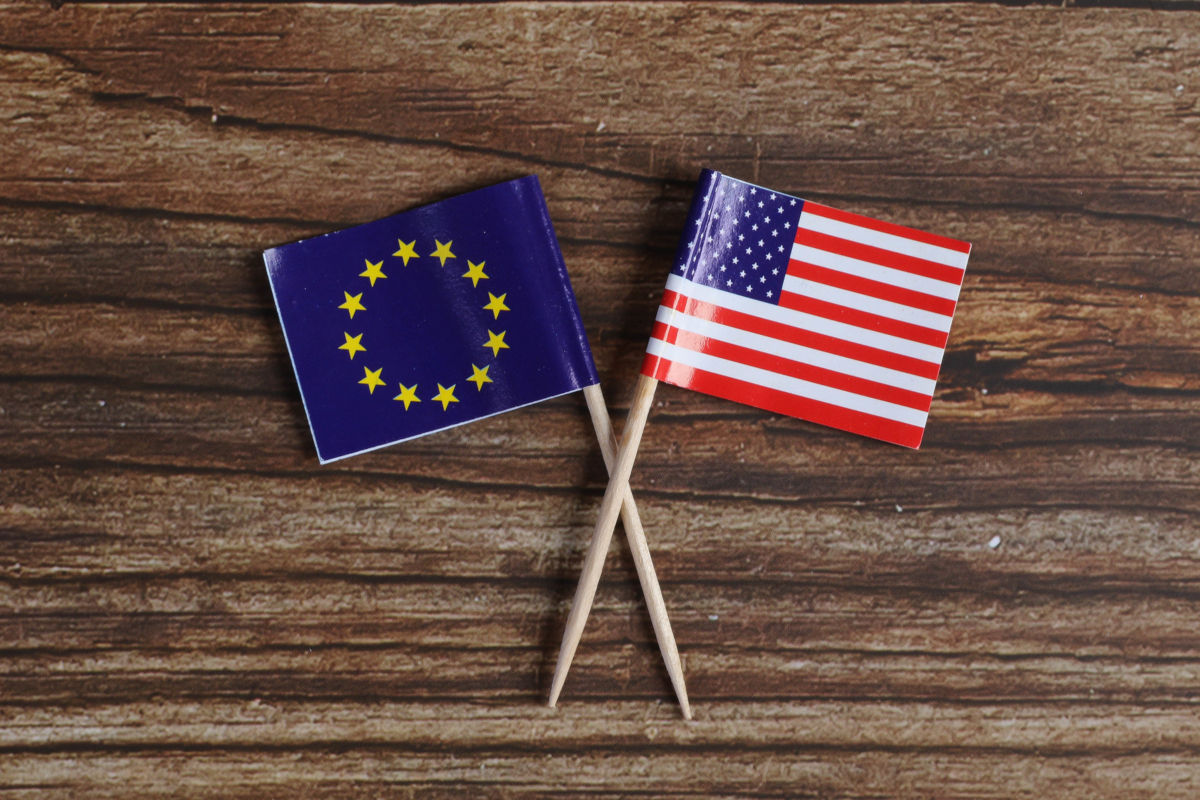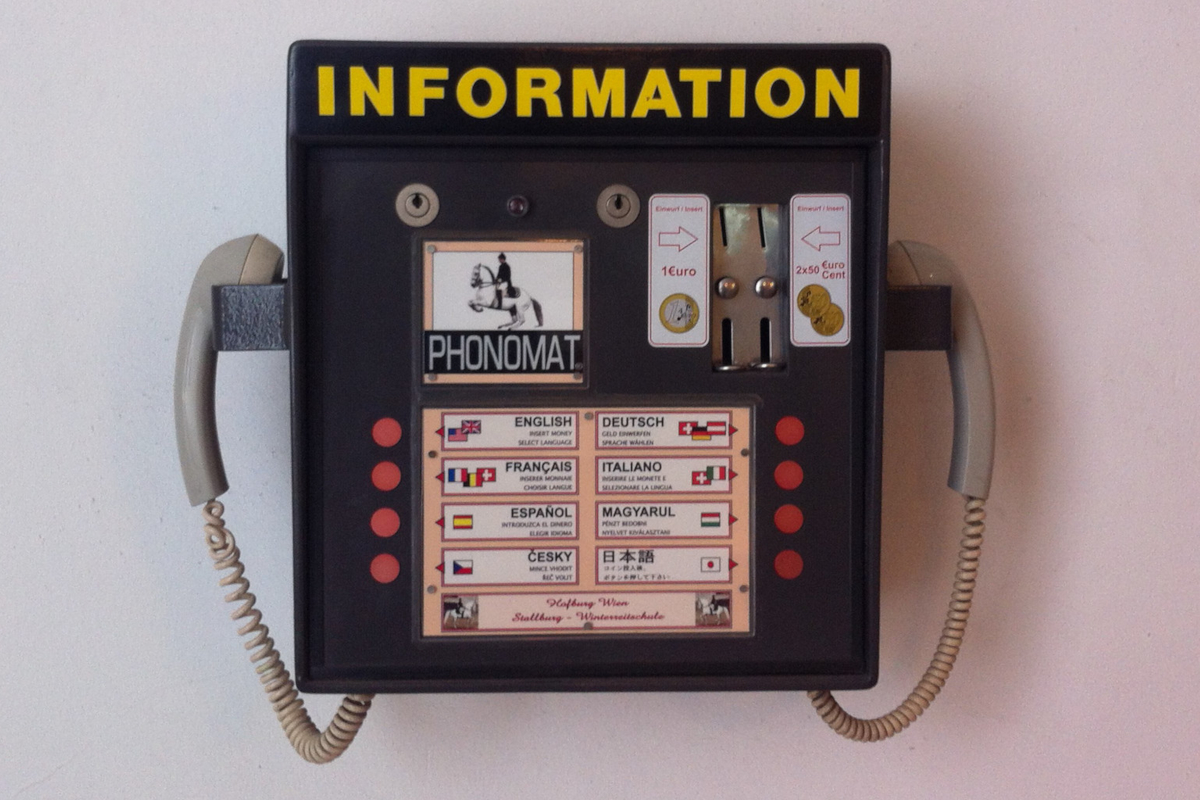EU-USA cooperation on biometric data, breaking encryption, radicalisation
Topic
Country/Region
29 March 2023
The minutes of the recent EU-US Senior Officials Meeting on Justice and Home Affairs, held in Stockholm on 16 and 17 March, demonstrate cooperation on a vast range of topics - including a "proof of concept" of the "Enhanced Border Security Partnership" involving the transatlantic sharing of biometric data, the need to "reinforce law enforcement’s legitimacy to investigate" in debates around breaking telecoms encryption, and US "concerns on radicalisation among police forces."
Support our work: become a Friend of Statewatch from as little as £1/€1 per month.

Image: Marco Vertch Professional Photographer, CC BY 2.0
The meeting was held in "a constructive, unscripted atmosphere" and the summary document (pdf) covers the following (all emphasis in quotes added):
Joint response to Russia’s war of aggression against Ukraine
"...the EU delegation expressed appreciation for the close cooperation with US partners through the Solidarity Platform, including on humanitarian assistance and flows projections"
Counter-terrorism and information-sharing
"...right-wing terrorism is on the rise, with, in some cases pandemic-driven, anti-government conspiracy movements becoming more visible. The blurring of traditional loyalties on the right-wing terror scene is making the threat picture more complex. The EU delegation underlined the need to understand how extremism works to prevent it. A whole-of government approach was needed, looking also at facilitators."
"Reflections were underway on how to address anti-system violence, and on the possible listing of violent right-wing organisations, bearing in mind high-level legal standards established by the CJEU in regard to listings."
"The US delegation noted that rapid demographic change has been identified as a predictor of radicalisation (as per research of Robert Pape, UChicago) and referred to concerns on radicalisation among police forces. The US delegation asked for EU support in global fora to maintain a focus on “terrorist” or “violent” extremism (and ensure these adjectives are not dropped) to prevent oppressive regimes using it against freedom of expression."
"...on Information sharing, the US delegation informed that it had managed to identify data sets, including fingerprint data of Afghan terror suspects that the US can hand over to Europol, as previously promised. The EU delegation welcomed this sharing of battlefield information."
"With respect to the Enhanced Border Security Partnership (EBSP), the Parties took note of the intention to have a first set of data transferred under a ‘proof of concept’ currently being developed (as presented to Member States at the Working Party on JHA Information Exchange)." (The EBSP involves the USA granting partner states access to its vast biometric databanks in exchange for reciprocal access.)
"...a promising pilot project between Europol and the US Department of Homeland Security, relating to the sharing of ESTA denials on terrorism grounds."
Access to electronic evidence
"Both sides concurred on the need to closely coordinate in the context of negotiations on the UN cyber-crime convention to isolate China and Russia in their quest for internet regulation. The US delegation warned against the creation of a parallel data protection regime under the new UN agreement and stated its preference for using existing bodies to oversee the implementation of the Convention over establishing a new conference of parties."
“Going dark”: challenges for crime fighting in the digital era
"The EU’s conviction of the need to reinforce (also in in public discourse) law enforcement’s legitimacy to investigate was echoed by the US delegation, which concurred on the need to mirror privacy by design with lawful access by design. A point of reference in this regard is the 2021 G7 Statement which speaks of ‘maintaining tightly controlled lawful access to data’; indeed, law enforcement is not seeking new powers but to preserve its ability to investigate. On end-to-end encryption, the US delegation noted a certain hypocrisy in the position of web platforms that resisted constructive engagement on lawful access with liberal democracies, while being liable to bow to pressure in more repressive jurisdictions. Beyond encryption, data retention and data processing were also identified as areas of focus by the US delegation."
Countering serious organized crime, including arms and drugs trafficking and resulting violence
"The US delegation referred to the situation in Mexico where the heavily armed drug cartels that ship fentanyl to the United States are now branching out to Europe. The US considers the situation no longer a matter of bilateral anti-narcotic cooperation in North America but of global concern."
"The US delegation asked for support for a global coalition on synthetic drugs, with a Ministerial event planned in June and a side event at the UN General Assembly in September. The US was calling upon China to take responsibility and cooperate with US customs and shipping experts on the trade of precursors, so far to little avail."
EU-US MLA and extradition agreements
Update on progress towards Visa Reciprocity
Priorities of the incoming Spanish Presidency
Documentation
- Outcome of proceedings of the EU-US Senior Officials Meeting on Justice and Home Affairs (Stockholm, 16-17 March 2023) (Council doc. 7725/23, LIMITE, 24 March 2023, pdf)
Our work is only possible with your support.
Become a Friend of Statewatch from as little as £1/€1 per month.
Further reading

EU and USA set up “informal expert group” on mutual legal assistance and extradition
The EU and the USA are to set up an “informal expert group” aiming to “improve the practical implementation” of agreements on mutual legal assistance and extradition.

USA offers foreign states access to 1.1 billion biometric “encounters” in return for reciprocal database access
The US Department of Homeland Security (DHS) is touting ‘Enhanced Border Security Agreements’, offering access to its vast biometric databanks in exchange for other states reciprocating. Reports suggest the UK is already participating, although there is no official confirmation of this. In the EU the proposals have caused a furore amongst privacy-minded MEPs. A document produced by the DHS, obtained by Statewatch, shows what the USA is offering foreign states.

G7: Still coming after encryption, plans to reinforce Interpol and global travel surveillance
The recent meeting of G7 interior and security ministers in London resulted in a detailed set of commitments, including reassertion of the need to undermine encrypted communications, reinforce Interpol, and to enforce new international standards on Passenger Name Record (PNR) travel surveillance and passenger profiling systems.
Spotted an error? If you've spotted a problem with this page, just click once to let us know.

